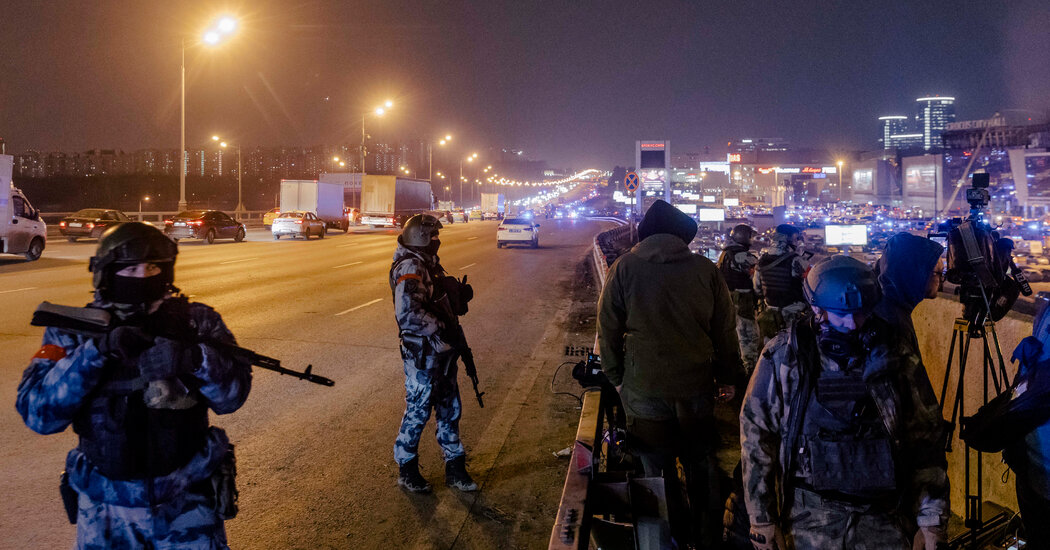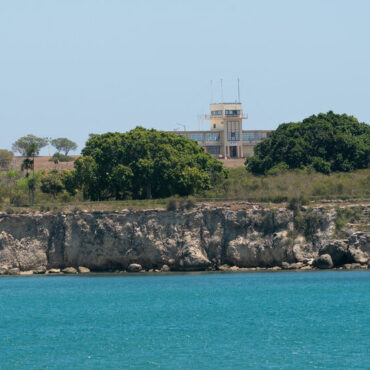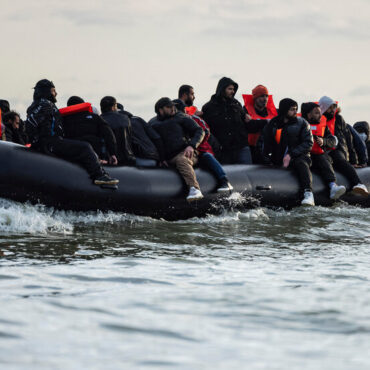A day before the U.S. embassy in Moscow put out a rare public alert this month about a possible extremist attack at a Russian concert venue, the local C.I.A. station delivered a private warning to Russian officials that included at least one additional detail: The plot in question involved an offshoot of the Islamic State known as ISIS-K.
American intelligence had been tracking the group closely and believed the threat credible. Within days, however, President Vladimir V. Putin was disparaging the warnings, calling them “outright blackmail” and attempts to “intimidate and destabilize our society.”
Three days after he spoke, gunmen stormed Crocus City Hall outside Moscow last Friday night and killed at least 143 people in the deadliest attack in Russia in nearly two decades. ISIS quickly claimed responsibility for the massacre with statements, a photo and a propaganda video.
What made the security lapse seemingly even more notable was that in the days before the massacre Russia’s own security establishment had also acknowledged the domestic threat posed by the Islamic State affiliate in Afghanistan, called Islamic State Khorasan Province, or ISIS-K.


















